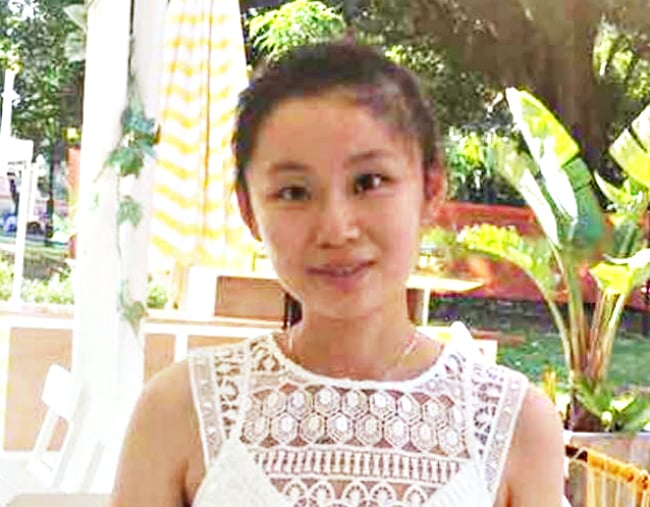
Jade Lin is an Economics/Arts student at the Australian National University. She is a Project Officer with the Unveiled Institute where she is assessing the suitability of domestic violence services provided to young CALD women in the ACT as part of The Loo Project. Here, she writes about another young woman Australia lost to men’s violence against women this month…
Eurydice Dixon’s death touched people around the nation. They flocked to parks for vigils, and called their sisters, friends and daughters to check that they were okay. We speak of how she was a rising star in comedy, a beloved member of the community, and a young, vibrant woman, gone too soon.
In the last six years, Australia has most deeply felt the unfair deaths of Jill Meagher, Sophie Collombet, and now Eurydice Dixon; young, white women, raped and murdered by men they did not know well, or indeed, at all. These were moments that united our nation in horror, and these are women who absolutely deserve to be remembered.
But so does Qi Yu.
Instead, mainstream media has reported her death procedurally, providing us with the facts of the murder as the investigation unfolds.
Eurydice Dixon was murdered on Tuesday June 12. Qi Yu was murdered on Friday June 8. The media’s attention has focused on Eurydice’s later death, and Qi Yu’s has amounted to a glancing comment about our failure to protect women, an afterthought to Eurydice.
None of the articles tell us who Qi Yu was, or what failures led to her death.
She was a 28-year-old Chinese woman living in Australia, allegedly murdered by her 19-year old housemate. Her neighbour, Vincent Chen, described her as “a very honest and quiet girl, a very nice girl.”


Top Comments
Qi Yu is the second (at least the second) young Chinese woman from the Campsie NSW area murdered by someone they shared a house with.. anyone remember the name of the first, she was often photographed standing in front of a lavender field? she was murdered by her white Australian 'uncle'. Her death attracted much more attention. Any theories why? her beauty.. white attacker...
I had interpreted the way the murder of Qi Yu has been reported on as reflecting generally how Australians react to domestic violence situations - they don't know how to handle them or how to react to them so in reporting diminish them (or there are also those annoying reports that imply their attackers are being "good people driven to extremes"). In saying that, as an Australian of anglo-saxon background, I'm not in the best position to comment on whether this might be racist. On the other hand, the murder of Eurydice Dixon as a random attack plays into that great fear of strangers Australians hold which is why it has generated extra attention. Many Australians have troubling picturing themselves in a situation where someone known to them hurts them - and this is despite how disturbingly common it really is and how truly uncommon it is for them to be randomly attacked by a stranger so they are more compelled to react and respond to the random event. We do need to have a conversation about Qi Yu - but is it the same conversation as Eurydice Dixon (public safety) or is it part of the conversation that Rosie Batty has worked so hard to get Australians to speak about? My thought is it is a different, but equally important conversation.